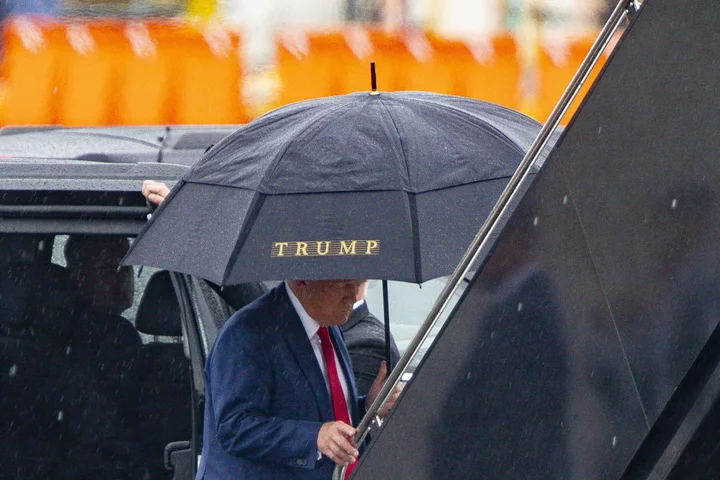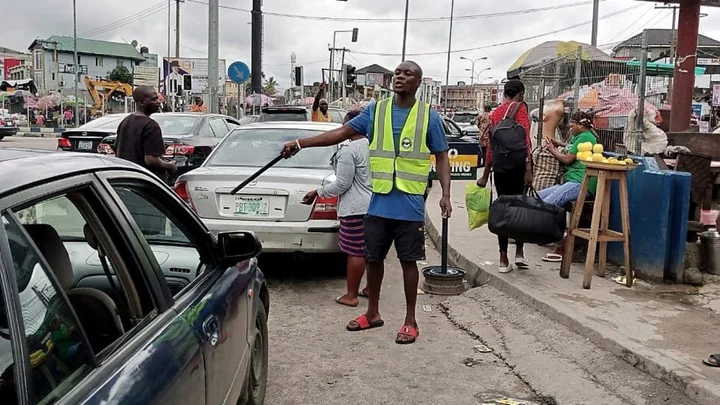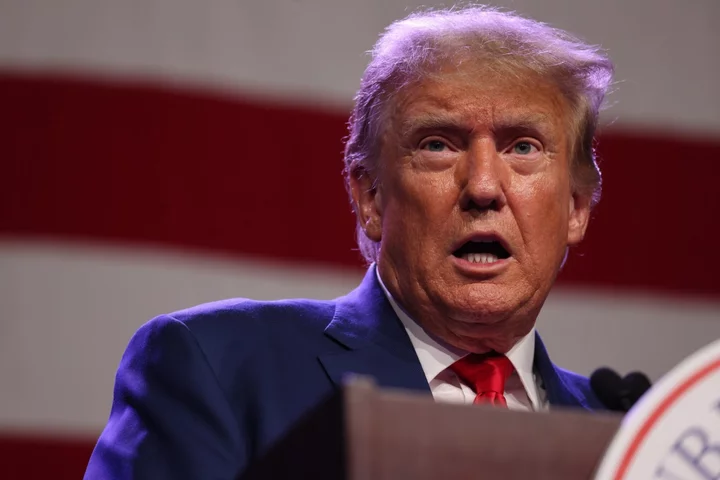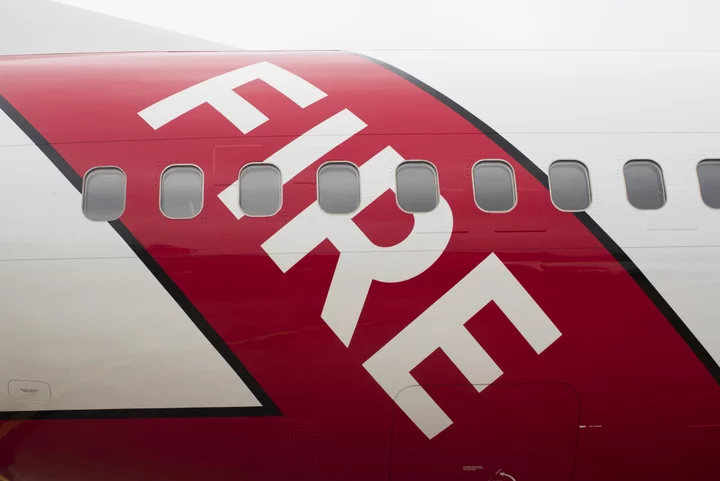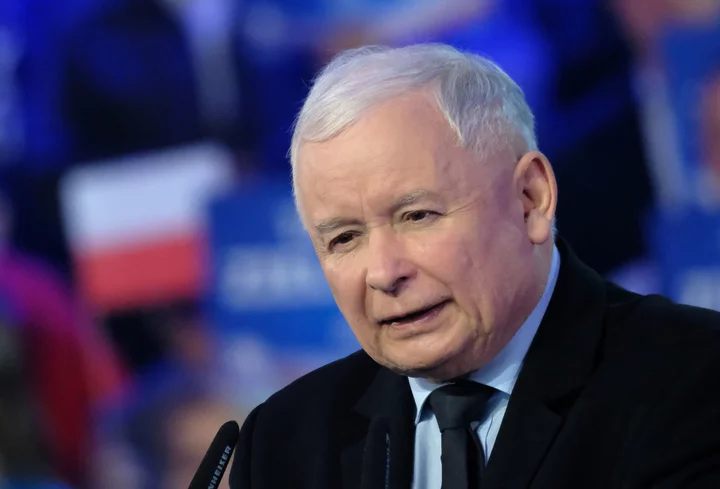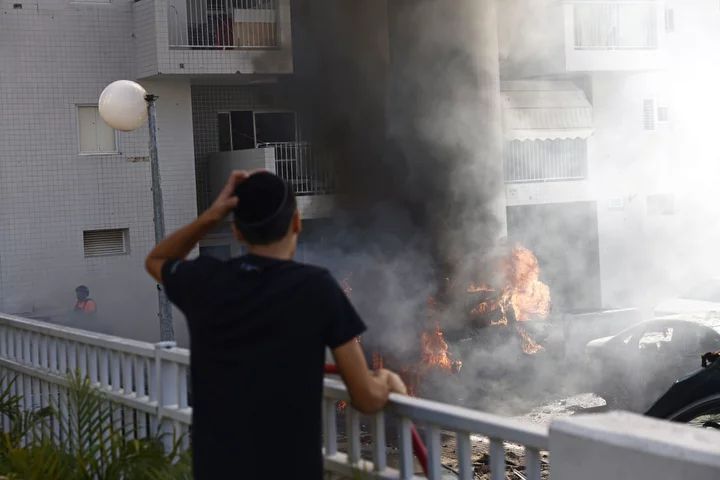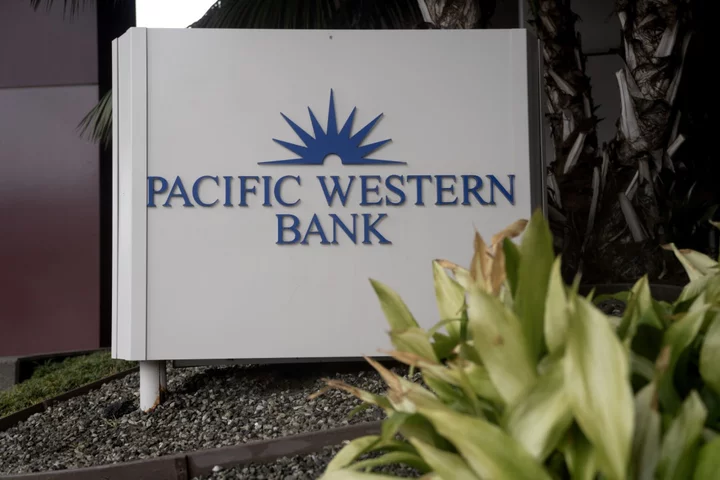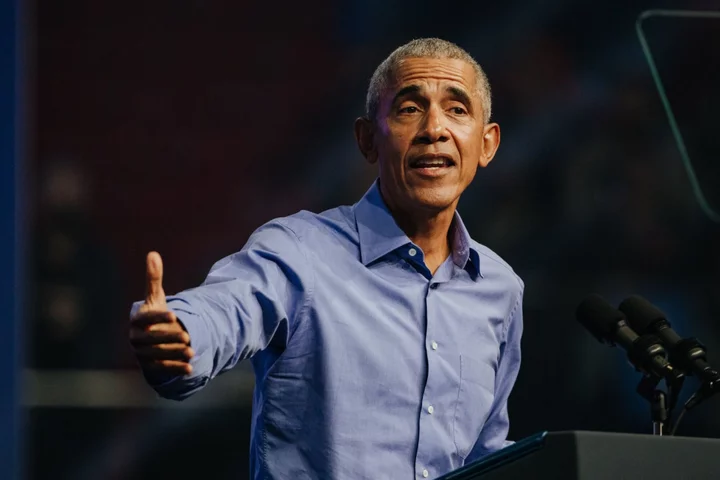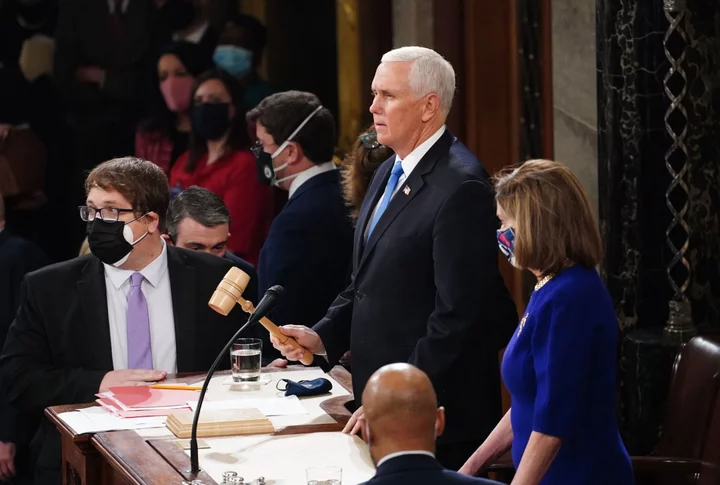A federal judge in Washington imposed some limits on what Donald Trump can say publicly about certain evidence prosecutors collected for the criminal indictment accusing him of trying to obstruct the 2020 election.
In the first court hearing since his indictment Aug. 1, US District Judge Tanya Chutkan ordered the former president to refrain from publicly discussing “sensitive” details of the case, including materials related to the grand jury and recordings, transcripts or information about witness interviews that could threaten their safety and security.
“I caution all of you and your client therefore to take special care in their public statements about this case,” Chutkan said. “I will take whatever measures that are necessary to safeguard the integrity of these proceedings.”
Chutkan rejected a broader protective order that prosecutors had asked for, which would encompass all evidence. She also allowed Trump to review case materials without the presence of his attorneys, but under the condition that they review any notes Trump takes and ensure he is not using devices to make copies of the material.
The former president was not present in the courtroom Friday, after Chutkan waived his appearance.
Read More: Trump Pleads Not Guilty to Charges of Obstructing Election
In her written order, Chutkan said Trump would be allowed to share “information or records that are publicly available independent of the Government’s productions” and other information his defense team obtains “by independent means.” But she restricted Trump and his lawyers to sharing sensitive materials only with those employed to assist in his defense, people who are interviewed as potential witnesses and their counsel and others whom the court authorizes.
Trump can only use sensitive materials “solely in connection with the defense of this case, and for no other purpose,” the judge wrote in her order, which was issued after the hearing.
Prosecutors must tell Trump’s lawyers which materials count as sensitive “prior to or concurrent with disclosure,” Chutkan wrote.
The dispute began a week ago when prosecutors asked the judge for a protective order to expedite the discovery process with Trump’s lawyers. The government argued that such a restriction was particularly important in this case given the former president’s track record of using social media to comment on witnesses, judges, attorneys, and others associated with legal matters related to him.
The first round of discovery materials will include 11.6 million pages with a goal to wrap up the process by Aug. 28, prosecutor Thomas Windom said. He added that the “vast majority” of evidence in the case would fall under the category of “sensitive.”
Attorneys for Trump argued that restricting his ability to communicate about the case would violate his free speech rights at a time when he’s campaigning to return to the White House in the 2024 election, and could give an advantage to his political opponents, including President Joe Biden. They suggested that the gag order be limited to only “genuinely sensitive materials” such as grand jury information.
But the judge argued that while the former president has a first amendment right to free speech, that right is “not absolute.” Trump’s presidential campaign for the 2024 election would have no impact on any decision in this criminal case, she added.
“I intend to keep politics out of this,” Chutkan said.
In a Monday filing, the defense team accused Biden of trying to capitalize on the latest indictment, pointing to a social media post by him that states, “A cup of Joe never tasted better.” The post included a video of the president drinking coffee from a mug featuring a photo of him with laser eyes, a reference for the derogatory right-wing meme about Biden known as “Dark Brandon.”
Prosecutors included in their filing a screenshot of Trump’s Truth Social post that read: “IF YOU GO AFTER ME, I’M COMING AFTER YOU!”
The case is US v. Trump, 23-cr-00257, US District Court, District of Columbia (Washington, DC).
(Updates with details from the judge’s order)

